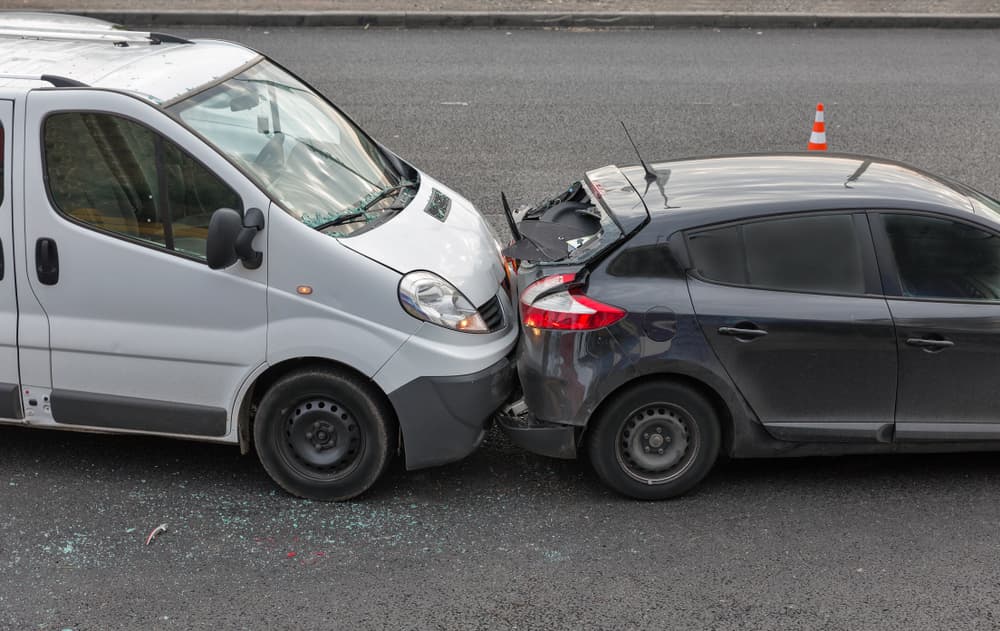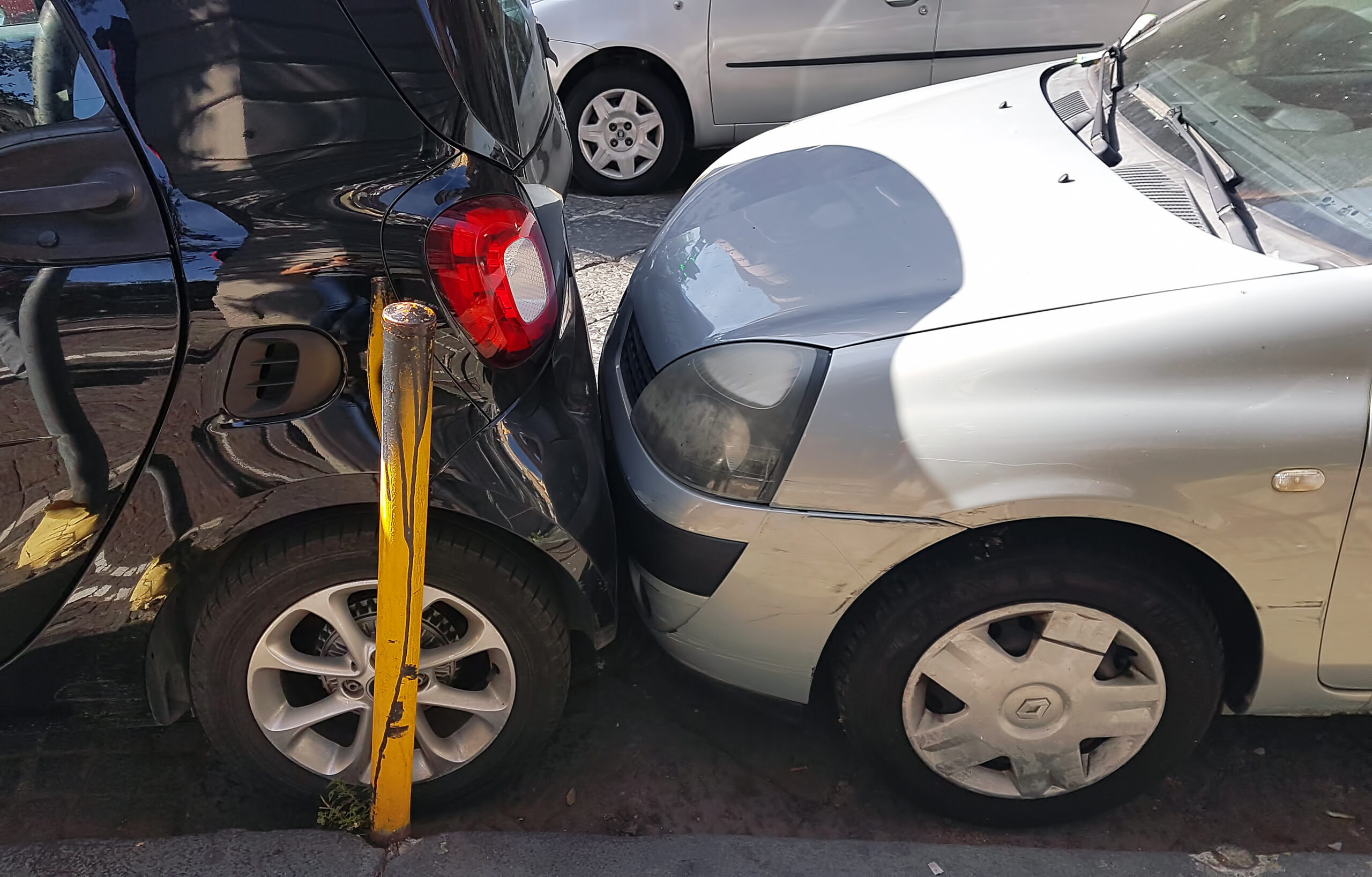Months after your accident, you may receive a settlement offer after you filed a claim with the insurance company or a lawsuit in court. What you do at this juncture is critical. You always face the choice of accepting or rejecting the offer.
First, you must understand whether the insurance company has made you a good offer. While the answer comes down to dollars and cents, there are far more nuances and shades of gray in your considerations.
Before you accept an offer, you should consider them from all angles because signing a settlement agreement ends your legal rights to any further compensation for your injuries.
Hire a Chicago car accident lawyer to do the work to carefully analyze both the settlement offer itself and the effects on your future. An experienced car accident lawyer will do that for you and put you in a stronger legal position than if you were trying to do this independently.
A Settlement Offer Just Begins Negotiations

Any explanation of car accident settlements needs to lay out, in crystal clear terms, the difference between a settlement offer and a reasonable settlement. In fact, lousy settlement offers do exist, and they will set you back financially far more than you can realize right now.
First, you should understand precisely what a settlement offer is. Presumably, when you receive a settlement, you have already shown that the other driver was negligent. When someone else has been careless and acted unreasonably, they now have a legal obligation to pay for all the damages caused by their negligence.
The Car Insurance Company Is a Self-Interested Intermediary
The driver does not have this money, and the law has likely required them to purchase auto insurance. This is where the insurance company enters the scene. Because they have an insurance contract with the driver, they must cover the damages up to the policy limit.
A settlement offer is an agreement between you and the insurance company (representing the other driver) to trade your legal right to compensation for an actual check. However, the insurance company has its own interests in the situation that it will fight to protect.
Accordingly, your settlement offer should reflect your reality and the money you legally deserve for your injuries. To identify a reasonable settlement, you must know the legal theory behind settlements.
You Have a Legal Right to Full Payment for Your Damages
In a car accident (or any other type of personal injury case), the rule is simple; if you have lost something in a car accident, you have a legal right to compensation for it. These are the legal rights you hear lawyers talking about after a car accident.
Accident victims lose things in many ways after a car accident. They lose money, and they can lose their pre-accident quality of life. The responsible driver must pay for all of these because they caused the damages through their carelessness or recklessness. That is the essence of the law of negligence.
Do Not Get Excited When You Get a Settlement Offer
Some car accident victims will celebrate when they receive a letter from the insurance company offering them money. However, this celebration is often premature because the settlement offer may be in their interests and not yours. You may have received one of the many lousy settlement offers that the insurance company makes.
They do this intentionally, both to catch you unaware of the actual value of your case and to wear down your resolve. In their thinking, if they make you wait longer for your money, you may more willingly take a bad offer. Then, they can clear the claim from their books and move on to underpaying the next claimant.
What Every Settlement Offer Needs to Pay You
A good settlement offer will fairly compensate you for both economic and non-economic damages. Economic damages represent the actual monetary costs of your car accident injuries. Accident victims must pay money out of their pocket after their injuries. They may have copays for medical care and a deductible on their health insurance.
This money can add up quickly. Even what seems like small copays can be a lot of money when you cannot work on account of your injuries. Just because your health insurance company has paid now for your medical care does not mean that they will keep covering your care. If there is a car insurance company in the picture and a settlement agreement, the health insurance company will have the right to be reimbursed for what they have paid.
In addition, you are also legally entitled to property damage to your car from the accident. Here, take care, especially in the age of soaring used car prices. An insurance company may try to undervalue the damage to your car. If your vehicle was totaled, your property damage might be far more than you think. The insurance company may declare your vehicle as totaled when it can be repaired or vice versa, whichever is in their financial interests.
How Settlements Should Treat Lost Income
Finally, economic damages also include lost wages. A good settlement offer will fully pay you for what you have lost by being unable to work because of your injuries. This offer will pay you for both past and future lost wages.
A fair settlement offer will also account for a reduction in your earning capacity. For example, your car accident injuries may have derailed your career, either temporarily or permanently. Missing a significant amount of time from work may have cost you a promotion that would have paid you more. The responsible driver must pay for that too.
Even though they are seemingly easier to value, economic damages still present challenges in settlement negotiations. Insurance companies will still try to get away with undervaluing your claim, especially when paying for your future damages. If there is a shortcut that they can take to shade your reality, they will not hesitate.
Non-Economic Damages Are Difficult to Value
As challenging as economic damages are, non-economic damages are even more difficult. By definition, these are subjective. Their purpose is to compensate for how the car accident has affected you. Any good settlement offer will take stock of what your life was like since the accident and pay you fully for both the experience you suffered through and what you have lost in your life since the accident.
The most significant part of non-economic damages is pain and suffering. The term's meaning is the physical discomfort and emotional distress that resulted from the accident. Pain and suffering compensate you for the ordeal of everyday life after your car accident, both now and in the future.
What Your Pain and Suffering Damages Include
Physical injuries seldom come without anything else attached. Practically all physical injuries will involve physical discomfort. In addition, psychological aspects may accompany them, because injuries affect your mental well-being.
Accordingly, pain and suffering damages will include:
- Physical pain
- Anxiety
- Discomfort
- Loss of enjoyment of life
- Embarrassment
- Disfigurement
Car accidents can also leave you with emotional trauma from the experience of the accident. Being struck and injured at the scene of an accident can cause psychological scars that never heal. These are also part of your non-economic damages.
A good settlement offer reflects your own post-accident experience. The insurance company wants to take you out of the picture. They have their formulas to standardize things and turn subjective into objective. However, you are not just any person. You have had your own unique experience after the accident and have the right to pursue compensation.
Settlement Offers Will Not Include Punitive Damages
Some people think that a reasonable settlement offer also includes punitive damages.
However, there are two reasons why you will likely not receive punitive damages in a car accident settlement:
- Punitive damages are extremely rare in personal injury cases (and even more so in car accidents)
- Only juries will award punitive damages, and an insurance company will not pay them as part of a settlement
They Must Pay You for Your Damages
No two car accident victims are the same. Each case is unique and different people have different circumstances. Accident victims may need different treatments for their injuries, and they certainly have their own jobs. For instance, a highly-paid corporate executive can expect more in lost wages than someone who earns less. Someone may be more predisposed to depression and anxiety and maybe more affected emotionally by their injuries.
The defendant (and their insurance company) must pay for the damages they caused. In any personal injury case, the rule of thumb is that "you take your victim as you find them." Therefore, the driver must pay for the damage they did to you. If you enjoyed hobbies before your car accident that you can no longer do, a reasonable settlement offer will pay you for that as a loss of enjoyment of life.
A good settlement offer pays for the damages you suffered personally. It does not apply any set formula but reflects your situation and experiences. You are not the same person as someone else, and your case is unique.
Knowing a Good Settlement Offer From a Bad One Takes Expertise
The question for many people is how you know what a reasonable settlement offer is. It is not a case of knowing one when you see it. Instead, learn how much you deserve and compare the offer to your value.
A car accident lawyer will compute the value of your case before they go to the insurance company or file a lawsuit. This way, you know whether you received a reasonable settlement offer.
If you are still early in the settlement process, the chances are that any settlement offer you receive is not a good one. The insurance company wants to make you a lowball settlement offer to lengthen the claim process and see if you will accept it. They lose nothing by making a low settlement offer to save money.
You risk settling for far too little if an attorney did not evaluate your car accident claim. For example, you may not know what you can receive compensation for under the umbrella of pain and suffering.
Usually, You Should Not Take the First Settlement Offer
Never run to accept a settlement offer just because the insurance company offered it to you. The insurance company offering you money does not mean that taking it is the right thing to do.
Often, the insurance company banks on the fact that a settlement offer will seem appealing to someone who is struggling for income. Once you accept a settlement offer, you have signed away your rights to compensation.
Only accept a settlement offer that makes sense for you. That is what makes it a reasonable settlement offer. If the insurance company does not make this offer, you can file a lawsuit and have a jury decide your case. A jury does not have the same financial considerations as an insurance company, which gives you leverage in settlement negotiations.
You always have the right to say no to a low settlement offer, which is what you should do. There is a reason why we refer to it as an offer - because acceptance and a signed settlement agreement are entirely up to you.



